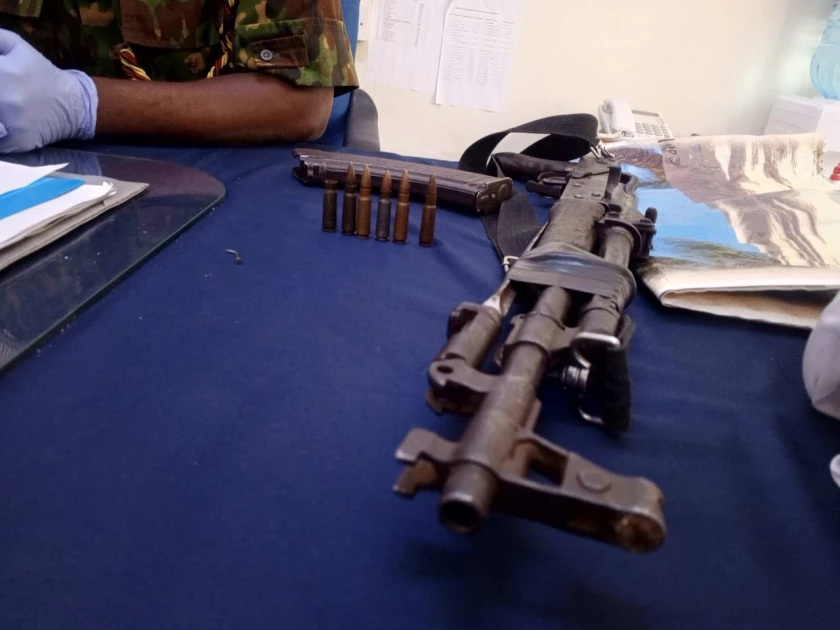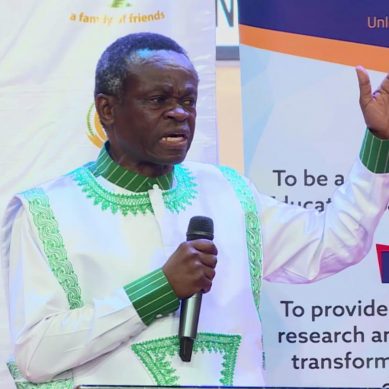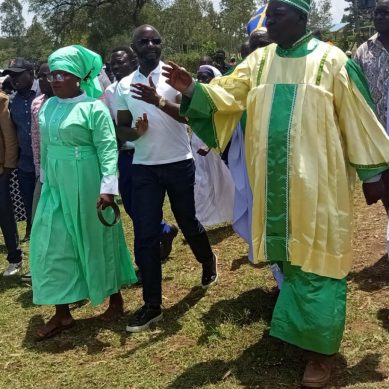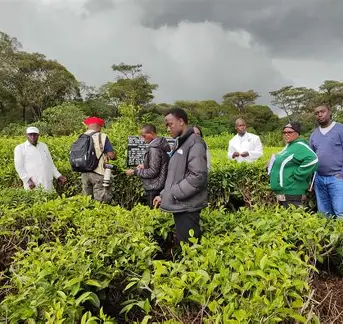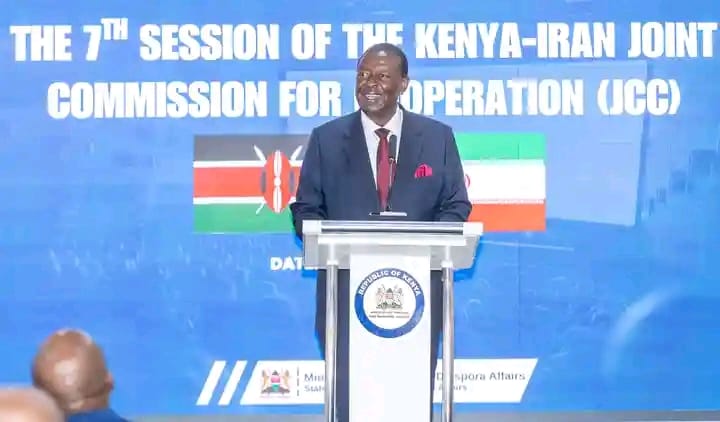
Kenya’s tea export to Iran has quadrupled from some 3,200 tonnes in 2003 to more than 13,000 tonnes in 2024.
Encouraged by expansion in trade, Kenya now plans aims to scrap all export restrictions to Iran and as a way into future trade relations, Nairobi has agreed to set up a taskforce to address trade barriers between the two nations to open up the tea sector more.
The report of the taskforce will be ready in 60 days, it was resolved
Kenya’s Prime Cabinet Secretary and Cabinet Secretary for Foreign and Diaspora Affairs Musalia Mudavadi said while officially opening the Seventh Session of the Kenya-Iran Joint Commission for Cooperation in Kenyan capital Nairobi, that the meeting is “an important step in strengthening the bonds between the two nations alongside expanding the horizons of mutual cooperation.”
“The committee is expected to sign multiple cooperation documents covering agriculture, healthcare, cultural exchanges, construction and overseas farming projects,” he said.
Officials from either country say the outcome will lay the groundwork for a significant expansion of bilateral and regional engagement. The two-day meeting is co-chaired by Iran’s Minister for Agriculture Gholamreza Nouri Gezeljeh.
“Kenya and Iran cooperation goes beyond maintaining the momentum of existing cooperation; it is about unlocking new opportunities and scaling up our collaboration to greater heights,” he alluded.
Mudavadi observed that the two nations have for long built strong working ties in trade, agriculture, health, education, science and technology, energy and cultural exchange.
“As we launch this seventh cooperation, we plan to review our progress so far in the first session and further chart new and workable pathways into new and emerging areas including climate-smart agriculture, manufacturing, transport and infrastructure, education and training, customs-to-customs linkages and renewable energy, among others,” Musalia said.
The prime cabinet secretary assured the business community in Kenya that Iran remains a strategic partner and a vital market for Kenyan tea with its exports having grown from 3,200 metric tonnes in 2020 to a record 13,000 metric tonnes in 2024, with corresponding value rising from $5 million to $33 million.
“We are hopeful that the lifting of the current ban will pave the way for resumption and expansion, of Kenyan tea exports to Iran, bringing mutual economic benefits to both our peoples,” he hoped.
The Iran’s Agriculture Minister Gholamreza Nouri Gezeljeh confirmed that trade ties between Kenya and Iran are set to result in business worth $1 billion annually.
He announced the increase during the Kenya and Iran seventh joint economic committee meeting being in Nairobi.
The annual target rise from the current $150 million is aimed at deepening economic ties with both sides setting a target to boost their annual trade, according to the Iranian minister. He highlighted Kenya’s strategic location in East Africa and its economic potential, saying his country is ready to share expertise in greenhouse cultivation and water-efficient farming, as well as its experience in producing and exporting crops that include pistachios, saffron and dates.
He said Kenya is strategically poised as a gateway to regional markets and plans to expand cooperation beyond trade to include strategic and technical partnerships.
Addressing more than 100 representatives from government ministries and the private sector that are taking part in the session, which also marks the first time in a decade the event has been hosted in Kenya, Gezeljeh said Iran and Kenya will continue to tighten their trade ties for the prosperity of the two nations.
To enhance the partnership between the two states there has been discussion on which proposals to be implemented to effect the pact including creating a joint committee to follow up on agreements, holding joint exhibitions, enhancing banking cooperation, and facilitating private-sector participation.
At the same time the minister further appointed senior adviser Nasser Arshad as Iran’s representative to the joint committee.
- A Tell Media report / By Isaiah Wakhungu Andanje
